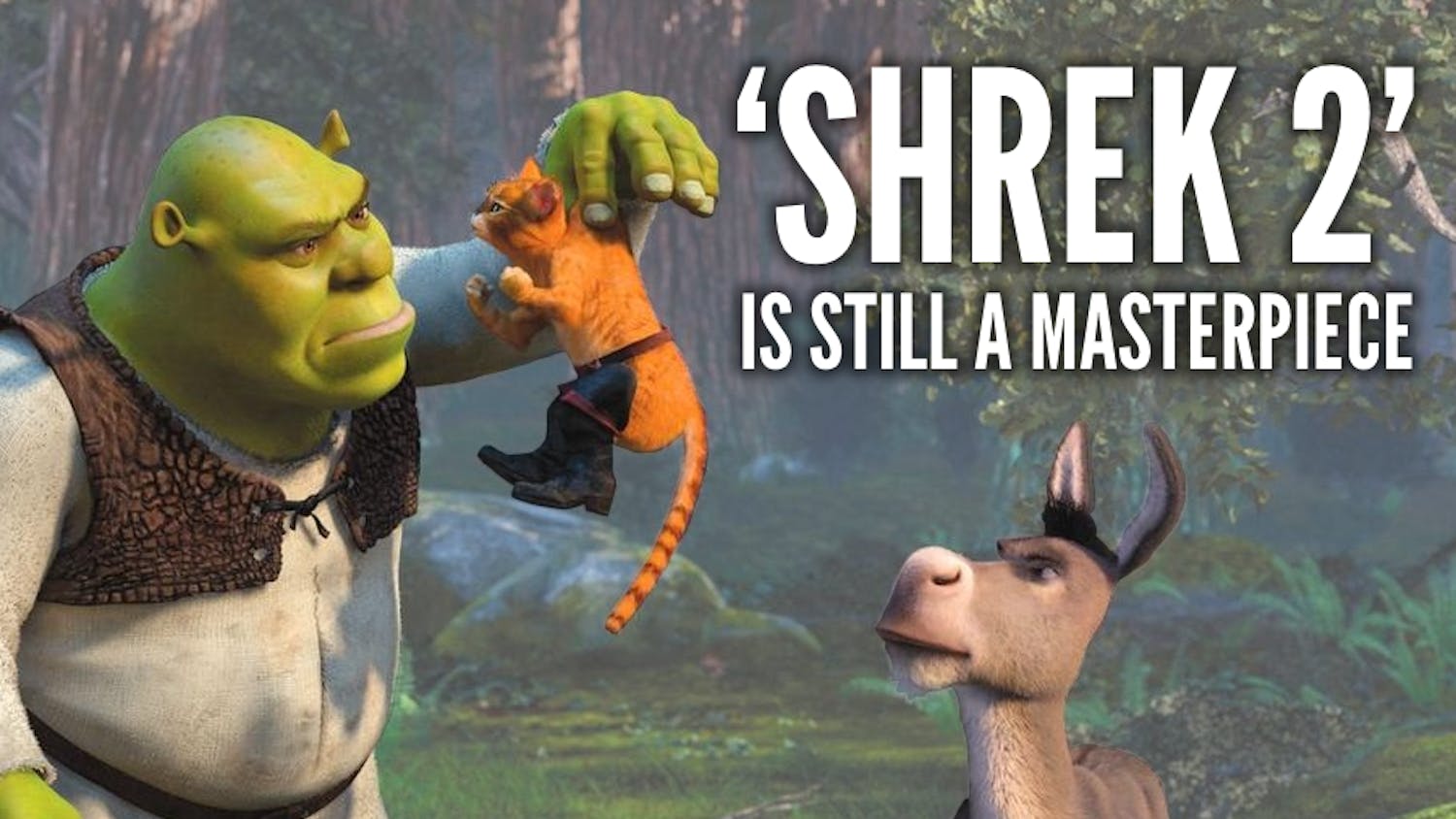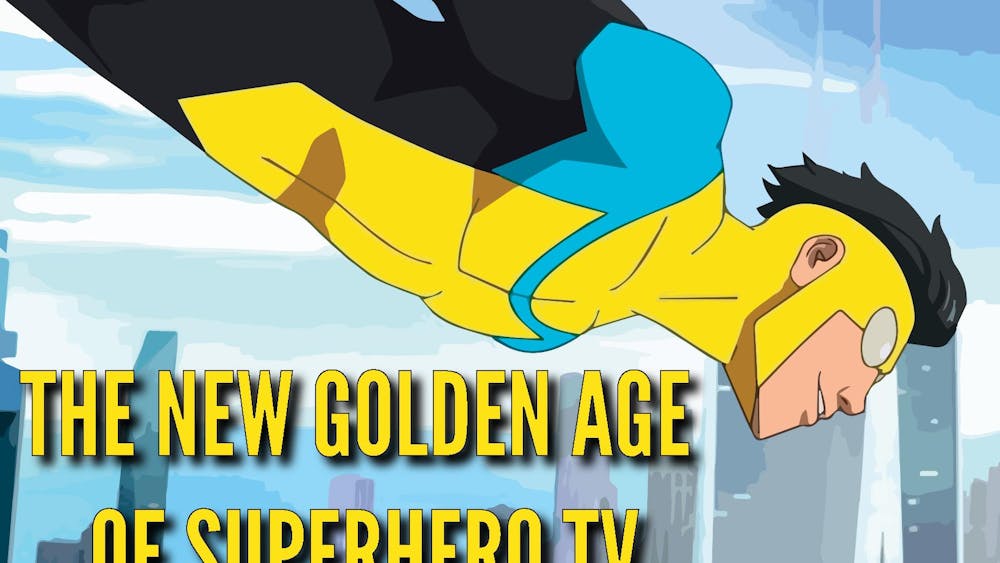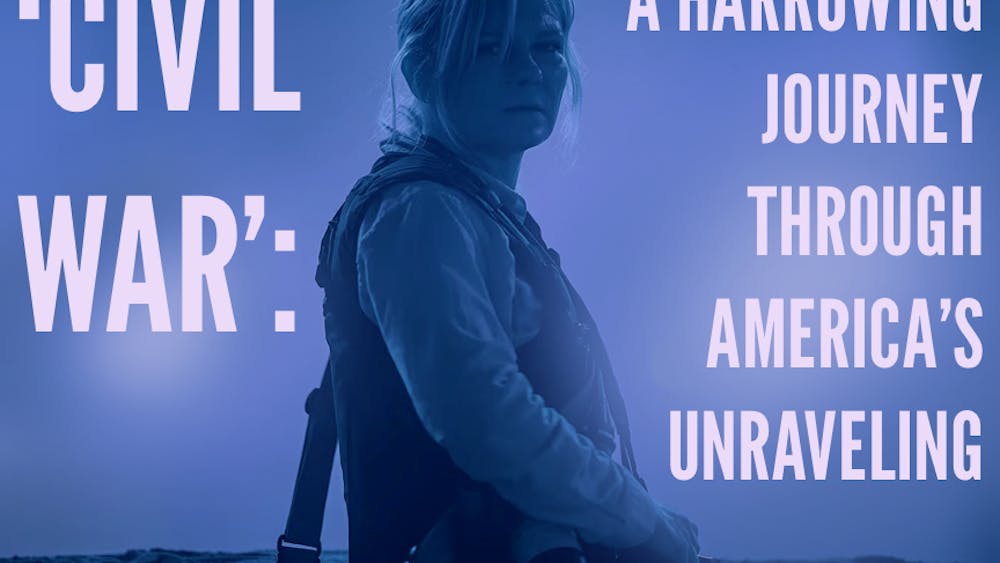
The system failed Kesha.
After 18 months of a grueling legal battle against producer Lukasz “Dr. Luke” Gottwald, the Manhattan Supreme Court ruled against Kesha on Feb. 19, declining to grant her a preliminary injunction that would temporarily liberate her from her contract with Sony Music Entertainment while her claims of rape and other abuse from the pop superproducer made their way through the courts.
This was the latest step in a legal battle that began all the way back in October 2014, when Kesha sued Dr. Luke in a California court, accusing him of rape and other “despicable conduct.” Gottwald responded with a defamation lawsuit, filed in New York, claiming Kesha was trying to extort him to escape her recording contract. Subsequently, Kesha filed counterclaims in New York. Last June, a California judge said the New York case should go first, and in September, Kesha filed in New York asking for the preliminary injunction.
When Justice Shirley Kornreich denied this injunction, she argued “her instinct is to do the commercially reasonable thing” and uphold Kesha’s contract, despite Kesha’s insistence she “does not feel safe in any way” working with Dr. Luke.
With this ruling, Kesha, then, is not just an alleged victim of sexual abuse at the hands of a single man but of a system that inherently fails to protect basic human rights in favor of defending the monetary interests of corporations.
Madeline Davis of Jezebel sees this as a typical and systemic problem of the industry. “When a contractual violation and a human violation are put head-to-head in court, an idealist would think that a human being’s safety takes precedence. A realist, however, would know better. The music industry, like many industries, is predisposed to favor its own safety: what’s ‘commercially reasonable’ for Sony can frequently be at odds — in more cases than just Kesha’s — to the well-being of the women it signs,” she writes.
Consequently, the message of the court’s decision — that Sony’s personhood, which only exists in the eye of the law, surpasses that of Kesha, an actual human — is abundantly clear: Without true, unadulterated justice, victims of abuse have no escape.
As Kat George of Noisey argued in 2015, the point isn’t that Dr. Luke may or may not be guilty of what Kesha accused him of but that “the onerous nature of the competing lawsuits is such that Kesha has fallen into purgatory, while Dr. Luke, miraculously, continues to thrive in his profession.”
So because she tried to stand up for herself, to end her suffering and to overcome patriarchal, systemic injustices, Kesha has now been subjected to even greater abuses at the hands of the legal system and the embarrassment of slut-shaming by a critical, misogynistic public.
Even if Kesha can work with other producers, as Sony promised, a plethora of issues remain locked in that contract. Marc Hogan of Pitchfork notes in his analysis of the court case, “Kesha may still be able to record for Dr. Luke’s Sony imprint Kemosabe Records without Gottwald’s involvement … but imagine how that sounds to someone whose future success would line the pockets of the person who allegedly drugged and raped her.”
Furthermore, as Kat George notes in a more recent piece, Dr. Luke remains one of the most powerful producers in the world, so working without him under Sony “might cause the record label to take the promotion and resources put into her future albums less seriously.”
Sony’s failure of Kesha extends beyond the nuances of their contract. By supporting and investing in Dr. Luke throughout this whole process, Sony has shown its interests currently lie with protecting their male producer from legal repercussions, rather than defending their female singer from psychological, physical and sexual abuse.
Unfortunately, we, as an industry, whether we be producers, critics or consumers of music, are not free of fault either. While Kesha is forced to stand on the sidelines and watch her career slowly fade away, we sustain this system that puts more value in money than a woman’s safety. Sony and the greater music industry’s continuing support of Dr. Luke, as well as our own personal consumption of Sony and Dr. Luke’s music, indicate a passive acceptance of sexism and abuse.
By being complicit, we all have failed Kesha.













